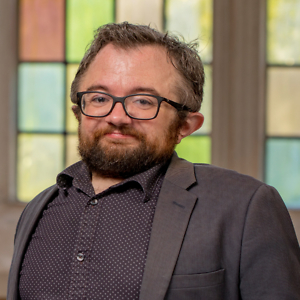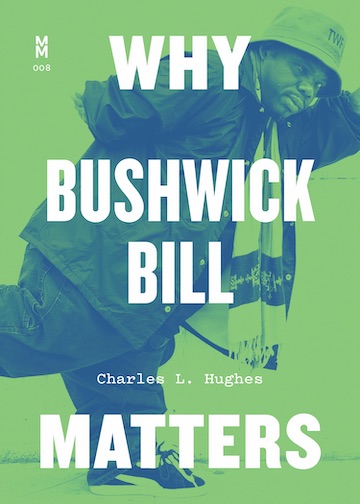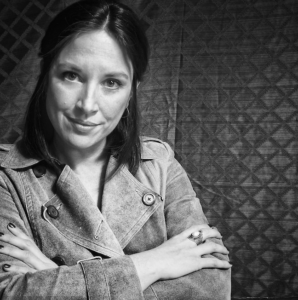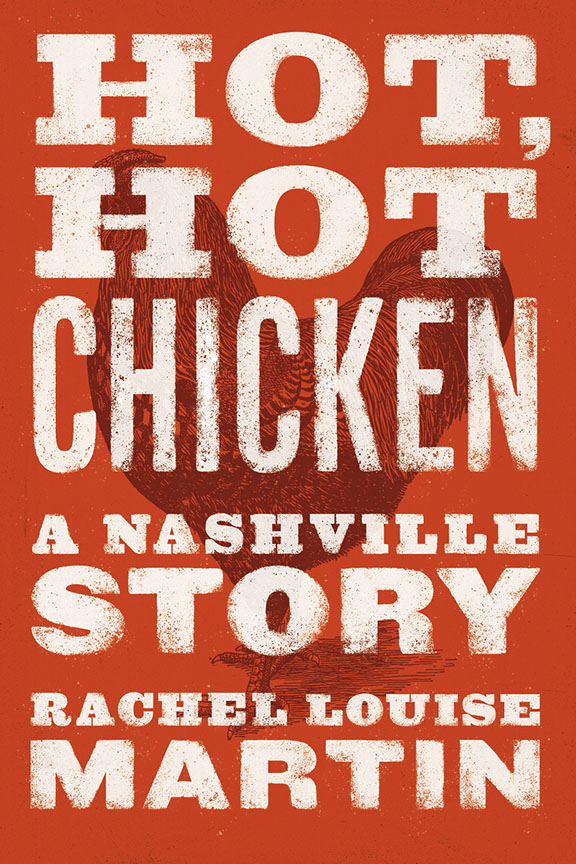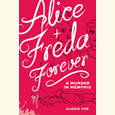Eating Those Poisonous Words
New-wave novelist Ben Marcus talks with Chapter 16 about language, religion, and the inspiration for The Flame Alphabet
Ben Marcus has a reputation for being a novelist who pushes the envelope of literary convention. His first three novels—Notable American Women, The Father Costume, and The Age of Wire and String—have all earned praise from critics for their inventiveness and originality, and The Flame Alphabet is no exception to the pattern. According to Jonathan Safran Foer, “Ben Marcus is the rarest kind of writer: a necessary one. It’s become impossible to imagine the literary world—the world itself—without his daring, mind-bending, and heartbreaking writing.”
The Flame Alphabet takes place in a world that seems at first not too dissimilar from our own, but there is one exception: speech and the written word have become fatally poisonous. Young children appear to be the source of the “infection,” and Marcus’s protagonist, Samuel, must find a way to care for his ailing wife and hang on to his increasingly distant daughter, who carries the poison of language and, like all other children, has become an enemy to adults. “By early December we huddled at home, speechless,” Samuel reflects. “If we spoke it was through faces gripped in early rigor mortis.” Sam’s struggle to save his family and find a cure for the epidemic becomes more and more urgent and emotional as the wildly imaginative and completely heartbreaking world of this novel unfolds.
Though it has the most linear plot of all Marcus’s novels, The Flame Alphabet is perhaps most radical in its premise: what would happen if the speech we hear and the language we read became toxic? Marcus recently answered questions from Chapter 16 via email in anticipation of his appearance at Nashville’s Southern Festival of Books:
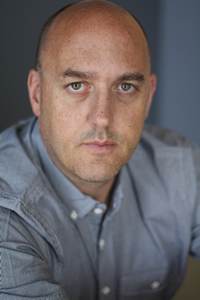 Chapter 16: A key theme of this book is the potential for deadliness that language holds. As you wrote this novel, did you sense any of your own words carrying some kind of potential danger?
Chapter 16: A key theme of this book is the potential for deadliness that language holds. As you wrote this novel, did you sense any of your own words carrying some kind of potential danger?
Ben Marcus: That’s the idea, that’s what I shoot for, but it’s ridiculously difficult to create danger from language. Names can never hurt us, right? In the end you can walk away from it and go have dinner. Language vanishes. So I settle for small delusional moments where I can get into a spell, letting myself believe words can destroy us.
Chapter 16: Notable American Women includes a character whose name is Ben Marcus. Are there any touches of autobiography in this novel, despite its apocalyptic otherworldliness?
Marcus: The autobiography in Flame Alphabet, if there is any, comes more from how I feel than it does from the things that have happened to me. My oldest kid is only eight, so I haven’t experienced a vicious teenager in my home, attacking me with logic and indifference. On the other hand, maybe I behaved like that as a teenager, a little bit, and maybe Esther is modeled after me. The book isn’t about something that has happened to me, but it is about my fears, about what it might feel like to lose what I care about the most.
Chapter 16: As with your previous novels, science plays an important role in The Flame Alphabet, although there’s plenty of philosophical speculation, too. While writing this book, was it a struggle to find the balance between intellectual allegory and well-plotted sci-fi story?
Marcus: Yes, I found myself very aware of the quicksand that can set in when I left a scene for too long, so I was always trying to keep the clock ticking and the action, if not moving, then suspended with tension. But I can find the cerebral material—the misquotes of famous philosophers, the fake science, the rogue religious theory—to be dramatic in its own right. Somehow I hope that this material might become heart-pounding, too, if only I can make it strange or exciting enough.
Chapter 16: One unique aspect of The Flame Alphabet is the presence of religion—specifically a form of Judaism that protagonist Sam and his wife Claire practice. How do the radio sermons that Sam and Claire listen to fit into your exploration of the toxicity of language?
Marcus: Language and religion seem to me completely intertwined. In certain traditions of Judaism the word is all powerful, and knowledge is meant to be elusive. We don’t come by our understanding of God easily, if we come by it at all. In Kabbalah, understanding God is a sure sign that you lack understanding — so to me it made sense to link a religious plot line with one involving a deadly language. In mysticism language already is deadly. It’s already mistrusted.
 Chapter 16: With a parable-like novel, which comes first: the premise, or the plot?
Chapter 16: With a parable-like novel, which comes first: the premise, or the plot?
Marcus: Ideally they cannot be separated; they are one thing. I don’t think in plots, unfortunately. Sometimes, when starting a book, I don’t think at all. Instead, I try to feel. I want certain emotions, certain anxieties and urges, and these can then take shape in sentences, problems, conflicts, situations. Plots come later for me, a timeline for the conflict to surf on, to stay tense.
Chapter 16: The ancient philosopher Gorgias once famously stated that “speech can never exactly represent perceptibles, since it is different from them, and perceptibles are apprehended each by the one kind of organ, speech by another. Hence, since the objects of sight cannot be presented to any other organ but sight, and the different sense-organs cannot give their information to one another, similarly speech cannot give any information about perceptibles. Therefore, if anything exists and is comprehended, it is incommunicable.” Is there a similar thought behind The Flame Alphabet—i.e., that language cannot truly capture the essence of real experience?
Marcus: Yes, in a cold, objective sense, language fails at capturing many things inside us. Meanwhile, though, language is doing something enormously potent and compelling, and we are using it, however inexactly, to communicate something, to connect somehow. In some sense it doesn’t seem to matter that, theoretically, language cannot possibly do justice to our complicated interiors, because it seems to do justice enough, and we cannot stop using it, constantly, to try to connect. If language were really so inexact, so failed, perhaps we would see no need to use it so relentlessly. On the other hand, how fascinating to wonder about what language misses when it comes to representing what we think and feel? The writers I love seem always to be trying to make language do more, to make it show more of what goes on inside us.
Chapter 16: While doing research, Sam pauses to look out his office window to see the crowds hoping to be cured from the poison that is language. As he views the scene, Sam reflects, “These people, whose worlds had been suddenly sealed up by a sickness from language, who had been forced to cease all communication with their loved ones, their friends, strangers, and who now stood patiently outside hoping some answer was being devised in here: What might they say to each other if they were suddenly given a language that worked again?” Do you see The Flame Alphabet as a cautionary tale about our own use of language?
Marcus: At that point the narrator has started to cross a moral boundary while trying to get language to work again, and it made sense for him to wonder what language was really for, what we’d really accomplished with it, and whether or not it was worth hurting people—children, specifically—to restore our language to us. If the book is a cautionary tale about our use of language, it’s also a cautionary tale about having a family and loving people, about the vulnerability of feeling any kind of connection.
Ben Marcus will discuss The Flame Alphabet at Nashville’s Southern Festival of Books on October 13 at 3 p.m. in Legislative Plaza, Room 16. All festival events are free and open to the public.
